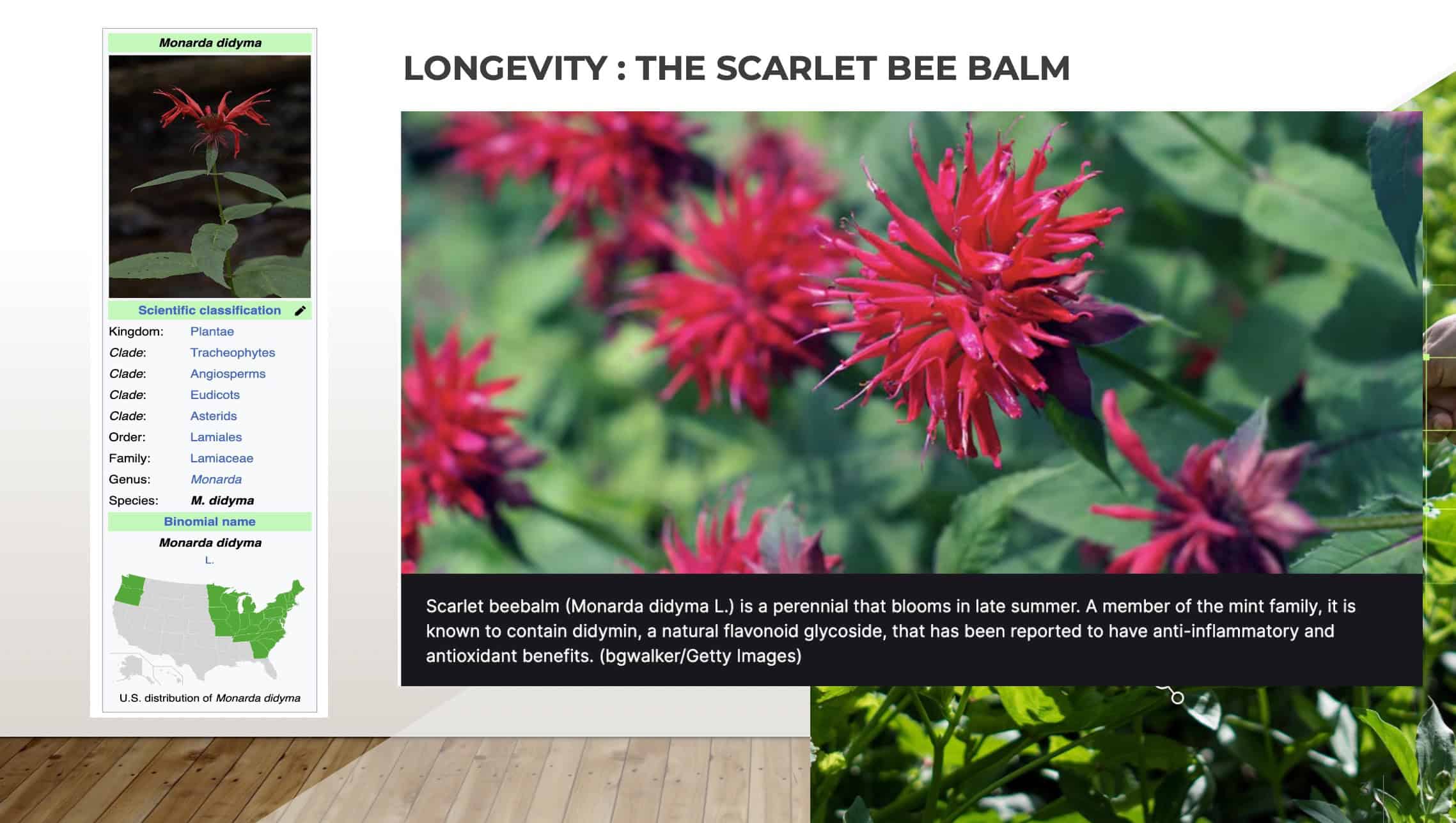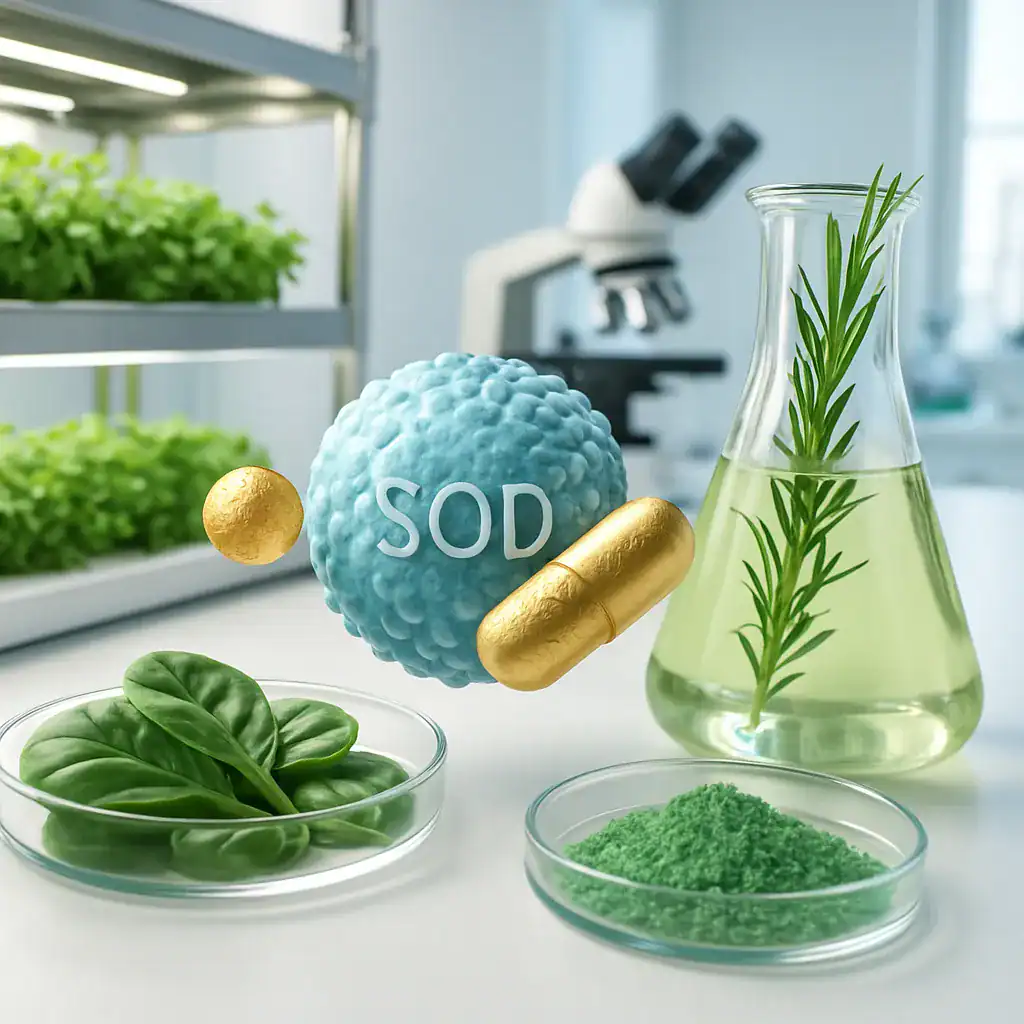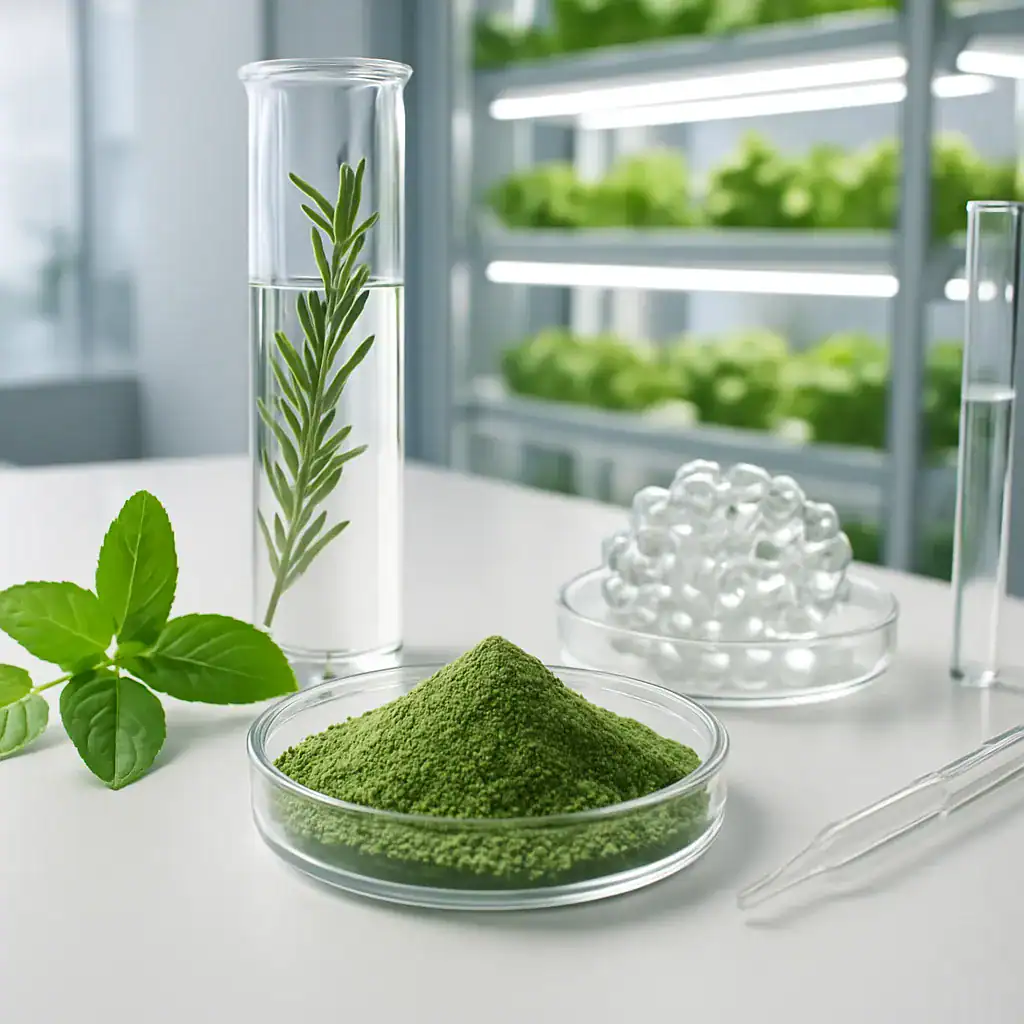Green Extraction Methods: Reducing Waste and Maximizing Purity
Understanding the Power of Vertical Farming Yields
Have you ever wondered how the supplements you recommend to clients can achieve such concentrated levels of beneficial compounds? The answer might surprise you. Vertical farming—a revolutionary agricultural method—is transforming the nutraceutical industry by producing plants with significantly enhanced bioactive profiles.
Vertical farming yields refer to the harvest output from controlled, stacked growing environments where plants are cultivated in vertically arranged layers. But this method offers far more than just space efficiency. The precise control of light, temperature, humidity, and nutrients creates optimal growing conditions that maximize not only quantity but, more importantly, the quality and potency of bioactive compounds within these plants.
When you recommend plant-based supplements to clients struggling with inflammation or oxidative stress, you’re likely benefiting from the superior yields of vertical farming. These controlled environments can produce plants with up to 300% higher concentrations of certain antioxidants compared to conventional farming. That’s clear evidence of why this cultivation method has become the gold standard for nutraceutical botanicals. But have you ever considered that the bioavailability of these compounds might be just as important as their concentration?
How Vertical Farming Enhances Nutraceutical Efficacy
Precision-Controlled Environments for Superior Phytochemicals
When working with clients who need reliable, consistent results from their supplements, vertical farming offers something conventional agriculture simply cannot: predictability. In traditional farming, soil quality, weather conditions, and seasonal variations create inconsistent levels of beneficial compounds in plants. You’ve likely seen this firsthand when clients report varying benefits from the same supplement purchased at different times.
Vertical farming yields solve this problem through complete environmental control. Plants are cultivated in optimal conditions 365 days a year, ensuring consistent phytochemical profiles batch after batch. This means when you recommend a supplement containing vertically farmed botanicals, you can be confident that its potency remains stable year-round.
The controlled stress techniques used in advanced vertical farming are particularly fascinating. By carefully introducing specific environmental stressors—such as calibrated light spectrums or nutrient adjustments—plants naturally increase their production of protective compounds like flavonoids, polyphenols, and enzymes. These are the very compounds your clients seek for their antioxidant and anti-inflammatory benefits.
Sustainable Production with Enhanced Bioactive Profiles
For environmentally conscious clients concerned about both their health and the planet, vertical farming represents an ethical choice without compromise. These systems use up to 95% less water than conventional farming while eliminating the need for pesticides and herbicides. The result? Clean, pure botanicals free from chemical residues that might counteract the health benefits your clients are seeking.
The concentrated growing environment also leads to more efficient production of key enzymes like Superoxide Dismutase (SOD)—nature’s powerful antioxidant defense for joints, heart, and skin. Vertically farmed plants can contain significantly higher levels of SOD and other protective enzymes, giving your clients more potent support against oxidative stress and chronic inflammation.
Leveraging Advanced Vertical Farming Yields in Modern Nutraceuticals
Companies like PhNóva are pioneering the integration of vertical farming botanics into next-generation nutraceuticals. These plant-derived products offer health benefits that go beyond basic nutrition, with potential to prevent chronic diseases, improve overall health, delay aging, and enhance longevity.
The enhanced bioavailability of compounds from vertically farmed plants is further amplified through innovative delivery systems. Plant-derived exosomes—natural nanocarriers—enhance the absorption and targeted delivery of these bioactive compounds. This means your clients don’t just get more potent ingredients; they get ingredients that their bodies can actually utilize efficiently.
When recommending supplements for clients with persistent inflammatory conditions like osteoarthritis or cardiovascular concerns, look for products that specifically mention vertically farmed botanicals. These formulations typically deliver more consistent results because they contain standardized levels of bioactive compounds that conventional farming simply cannot guarantee.
The future of plant-based health solutions clearly points toward these advanced cultivation methods. As a health professional, staying informed about vertical farming yields puts you at the forefront of nutraceutical innovation—allowing you to offer your clients the most effective, sustainable, and scientifically advanced recommendations for their health concerns.
Our Key Areas of Expertise

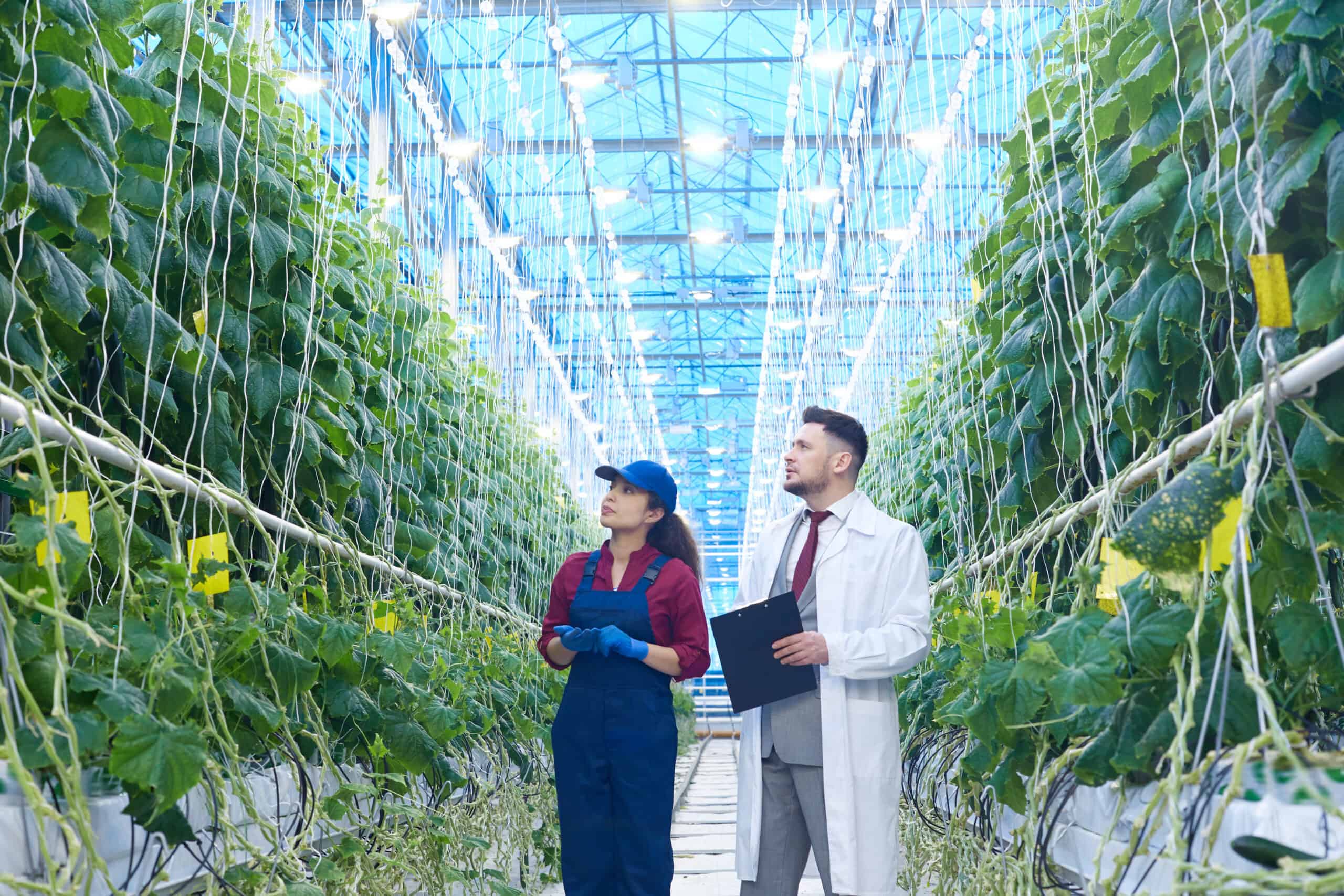
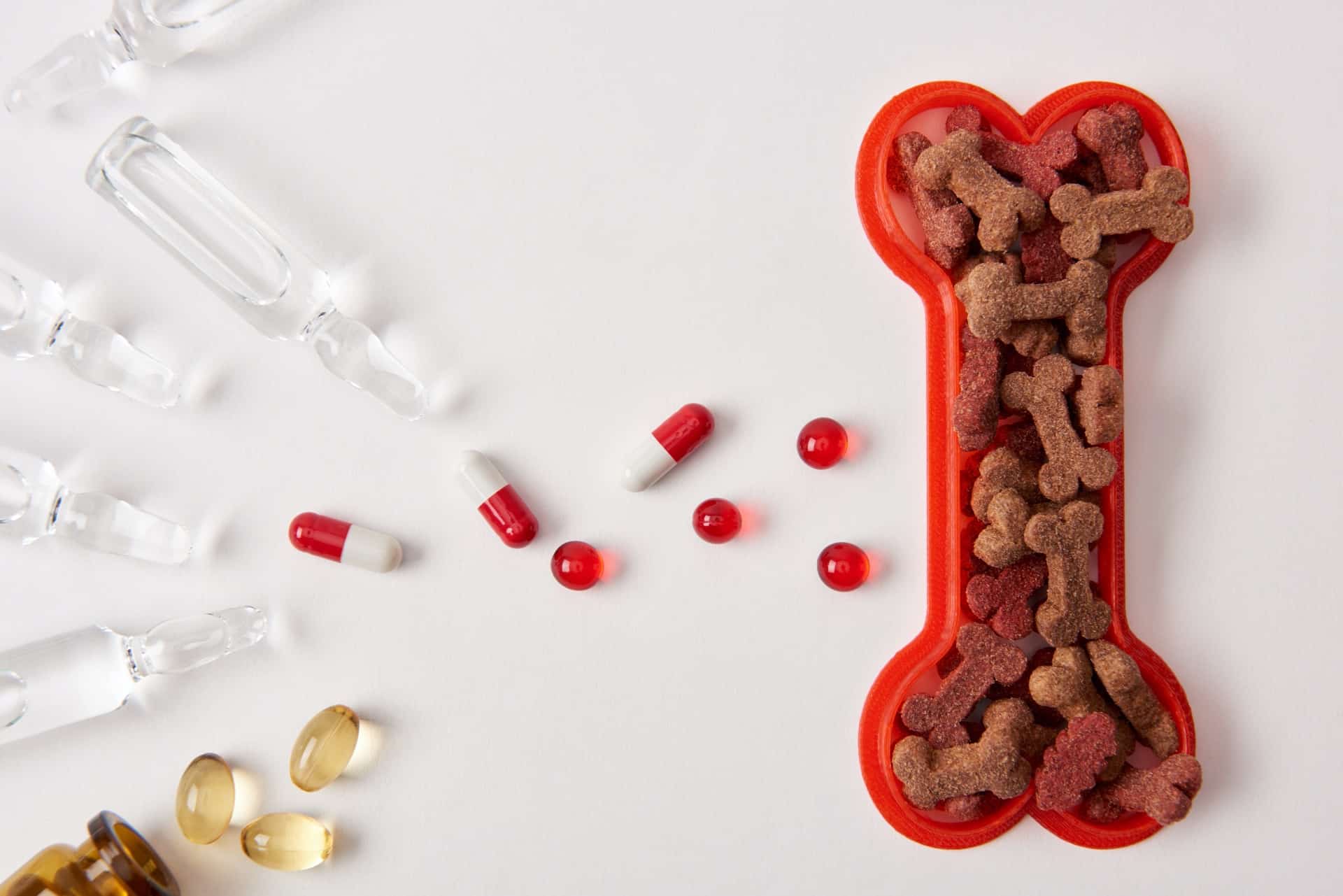

The Integrated Production Ecosystem Behind Vertical Farming Yields
From Cultivation to Consumption: The Bioactive Journey
When you explore vertical farming yields within the nutraceutical industry, you quickly discover they’re just one component of an interconnected production ecosystem. The remarkable potency of vertically farmed botanicals doesn’t exist in isolation—it depends on sophisticated cultivation techniques, extraction methods, formulation science, and delivery systems that work together to create effective health products.
This integrated approach transforms ordinary plants into powerful health solutions. Vertical farming’s controlled environments allow for precise manipulation of growth factors that significantly enhance the plant’s natural production of beneficial compounds. But what happens after these nutrient-dense plants are harvested is equally important to the final product efficacy.
Advanced Extraction Preserves Bioactive Integrity
The journey from plant to supplement requires careful preservation of those hard-earned bioactive compounds. Traditional extraction methods often use high heat or harsh solvents that can degrade delicate plant molecules, essentially wasting the superior yield advantages from vertical farming.
Modern nutraceutical producers employ advanced extraction technologies specifically designed to maintain the integrity of these compounds:
- Low-temperature extraction techniques preserve heat-sensitive enzymes like Superoxide Dismutase
- Solvent-free methods that avoid chemical residues
- Oxygen-depleted processing environments that prevent oxidation
- Precision filtration systems that capture even nanoscale bioactive components
These methods ensure that the exceptional phytochemical profile created through vertical farming remains intact throughout processing. You can visualize this as a carefully orchestrated handoff—where the superior raw materials from vertical systems are treated with equal care at each subsequent production stage.
Nanodelivery Systems: Maximizing Bioavailability
Having preserved these valuable compounds, manufacturers face another challenge: ensuring they reach their intended targets within the body. This is where nanodelivery technology creates a crucial bridge between production and efficacy.
Plant-derived exosomes represent a revolutionary advancement in this area. These natural nanocarriers:
- Protect bioactive compounds from degradation in the digestive system
- Facilitate transport across cellular membranes
- Enable targeted delivery to specific tissues
- Enhance absorption rates by up to 400% compared to conventional formulations
For your clients seeking meaningful results from supplements, this improved bioavailability means they need lower doses to achieve therapeutic effects—reducing the risk of side effects while improving outcomes. The synergy between vertical farming’s enhanced yields and nanodelivery systems creates products that are both more potent and more efficiently utilized by the body.
Taste Technology: The Compliance Connection
Even the most potent supplement fails if consumers won’t take it consistently. The palatability factor often determines whether a product delivers its intended benefits over time. Companies developing vertically farmed nutraceuticals recognize this challenge and have integrated specialized taste technologies into their production processes.
Advanced masking agents can neutralize the bitter, metallic, or otherwise unpleasant flavors often associated with concentrated plant compounds. These technologies work at the molecular level to block taste receptors from detecting certain flavor profiles without compromising the bioactive components.
This focus on sensory experience represents a crucial link in the production chain. When products derived from vertical farming are both potent and palatable, compliance rates increase dramatically—meaning consumers actually receive the full benefit of these advanced formulations.
Quality Control Throughout the Integrated Chain
The advantages of vertical farming would be meaningless without rigorous quality standards applied consistently across all production phases. Modern nutraceutical manufacturers implement comprehensive testing regimens including:
| Production Stage | Quality Control Measures |
|---|---|
| Cultivation | Monitoring of light spectra, nutrient composition, and environmental parameters |
| Harvesting | Timing optimization to capture peak bioactive levels |
| Extraction | Verification of compound preservation and purity |
| Formulation | Stability testing across various conditions |
| Finished Product | Bioavailability assessment and standardization of active components |
This integrated quality approach ensures that the exceptional yield potential of vertical farming translates into genuine health benefits for end users. When you recommend products derived from these advanced systems, you’re providing access to a complete production ecosystem designed to maximize efficacy at every step.
Sustainable Circularity in Production
The environmental advantages of vertical farming extend throughout the production chain. These systems create opportunities for circular production models where:
- Water is recycled and reused with minimal waste
- Growing media can be composted and repurposed
- Energy inputs increasingly come from renewable sources
- Packaging materials are selected for recyclability
This sustainability focus aligns with consumer preferences for environmentally responsible products. When your clients choose supplements derived from vertical farming, they’re supporting production systems that minimize resource use while maximizing nutritional output—a dual benefit that resonates strongly with health-conscious consumers.
The integration of vertical farming with these complementary production technologies creates a complete ecosystem for developing next-generation health products. Each component builds upon the advantages of the others, creating a continuous improvement cycle that drives innovation in bioactive compounds, formulation science, and delivery systems.
R&D Consultancy
Discover how PhNóva’s R&D Consultancy can help transform your idea into a market-ready solution — with expert support in formulation, regulatory compliance, and innovative delivery systems to give your product a competitive edge.
FAQ's about Green Extraction Methods: Reducing Waste and Maximizing Purity
Get in Touch with PhNóva
Have questions or need expert guidance? Contact us today — our team is ready to assist you with tailored solutions for your formulations.

29/03/2025



